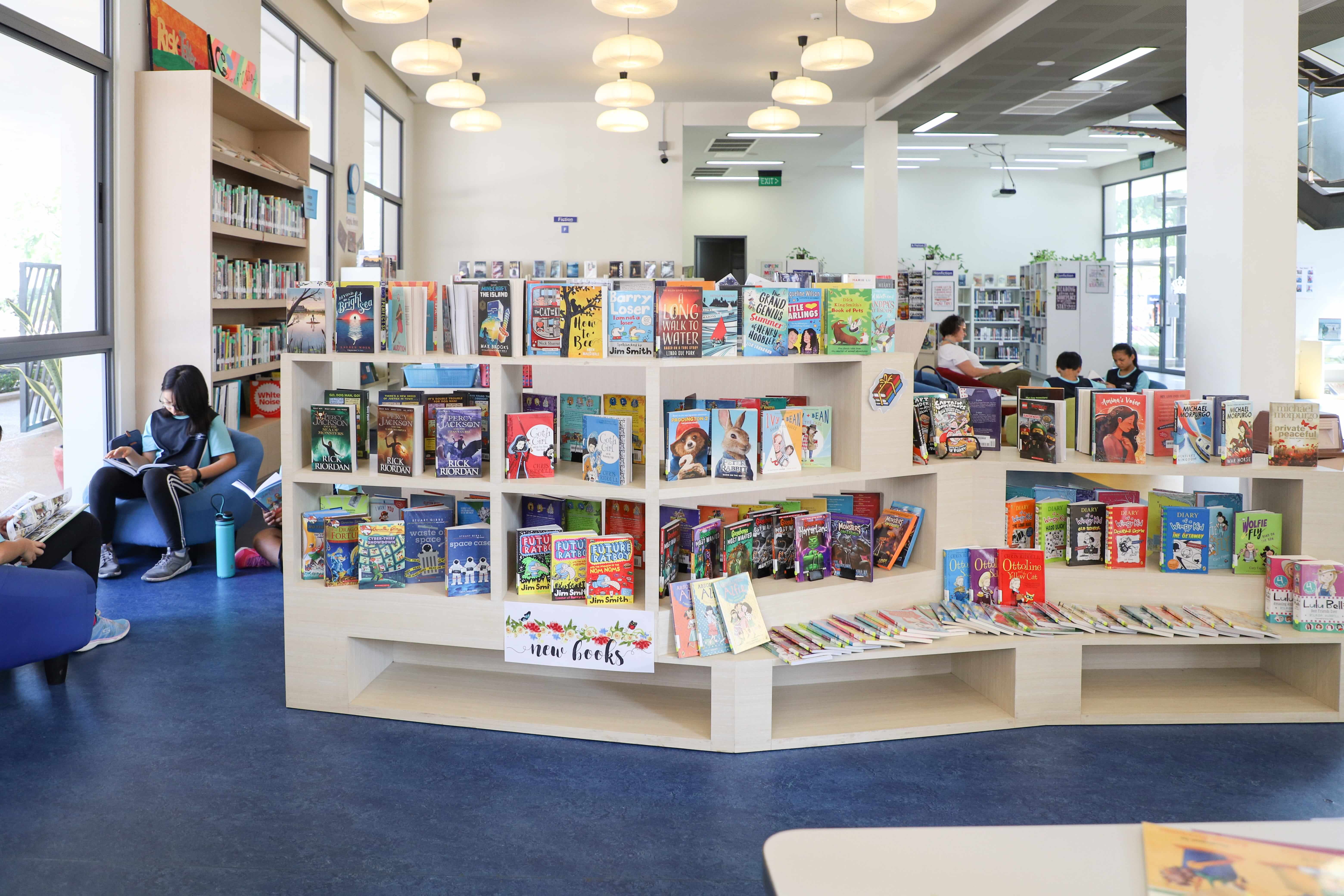We use cookies to improve your online experiences. To learn more and choose your cookies options, please refer to our cookie policy.
Create Your Future!
Admissions are now open. Experience our learning environment firsthand with a free trial class.

If I’m asked “How do I improve my English?” or “What’s the best way to help my child get better at English?” at Northbridge International School Cambodia, my answer will almost always be READ. Reading is arguably one of the most effective ways to increase language proficiency across the board, whether it’s English or another language you’re learning.
How does reading support vocabulary?
Words are best learned in context, when you can try to use the clues around the word to decipher the meaning and observe how and when the word is typically used. Being given a long list of new words and being told to memorise them is usually not an easy or efficient way to expand your vocabulary. Research suggests that you need to encounter a word at least 15-20 times before you can really say you have learned it. Reading more regularly and consistently means that you are likely to learn more words at a faster pace.

How does reading support grammar?
Grammar skills are best learned and developed in a similar way to vocabulary: in context. I have a background in linguistics and weirdly LOVE grammar (no joke, my favourite part of a bookstore is the language and grammar book section) — but most people don’t really enjoy sitting and filling out grammar exercises. While this type of task might be unavoidable in language classes, the most fun way to embed correct grammatical structures in your brain is to see them in their “natural habitat”, as they are used in writing, especially if you’re reading about a topic you’re genuinely interested in.

How does reading support writing?
I think the concept of subconsciously being shaped and influenced by the people we spend most of our time with also applies to reading and writing. It is natural to emulate who or what we spend time with or respect and look up to. Following on from having a larger vocabulary bank to draw from and more exposure to a range of grammatical structures, our writing will also be influenced by what we read.

How does reading support listening?
As a visual learner, I find it very challenging to just hear a new word and repeat it. But, once I can see it written, I have a much higher chance of learning the word correctly. While that may not be true for everyone, reading can help improve listening skills through being able to see words individually rather than the blurred chunks we often hear.

How does reading support speaking?
Speaking is probably the skill least supported by reading, but I wouldn’t say there is no connection at all. If we have a wider vocabulary, better grammar and are more effective at constructing meaningful sentences, the quality of what we say will increase as well. Reading aloud is a good practice to work on intonation, accent and fluency.

How does reading support reading?
Like any skill in life, the more you do it, the better you (should) become.
So, what should you read?
A general rule is to try to read something where you understand at least 90 percent of the words on a page. There is a great infographic in the library related to this. Read what you are interested in. If you hate scary stories, don’t read scary stories. If you’re obsessed with K-Pop, find things about K-Pop online in the language you’re trying to learn. Another suggestion would be to reread a book that you’ve already read in your native language. If you already understand the plot, it will be easier to figure out the meaning of certain new words. Reading is a great way to learn new information, be exposed to new ideas and to develop a more active imagination. So, now that you’ve finished reading this blog post, go find something else to read!